Deutsche Telekom is about to own more than 50% of T-Mobile and its nationwide 5G network
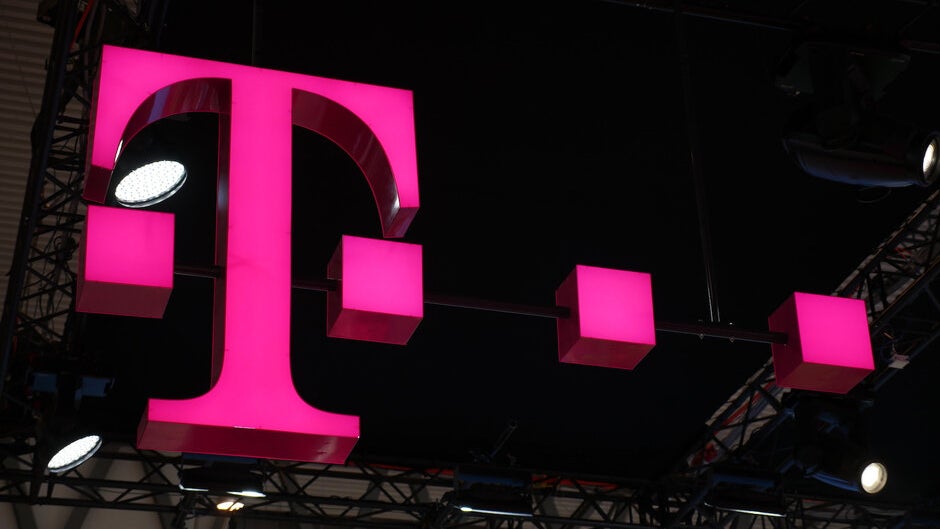
In July 2013, SoftBank beat out Dish Network in a hotly contested takeover battle over Sprint. The Japanese firm paid $21.6 billion for 78% of the carrier's shares. When T-Mobile closed on its purchase of Sprint on April 1st, the revised merger terms left SoftBank with about 24% of the combined company; the original deal would have left it with a 27% stake. The Wall Street Journal today reports on what SoftBank plans to do with its T-Mobile shares.
Deutsche Telekom will own more than half of T-Mobile if this deal is completed
According to the Journal report, SoftBank will sell a "significant" amount of its T-Mobile holdings to Deutsche Telekom; the German telecommunications firm already owns 43% of the third-largest wireless operator in the states. People familiar with the matter say that after it closes on the transaction with SoftBank, Deutsche Telekom will own more than 50% of T-Mobile. Thanks to an agreement already made with SoftBank, Deutsche Telekom currently has voting control of T-Mobile.
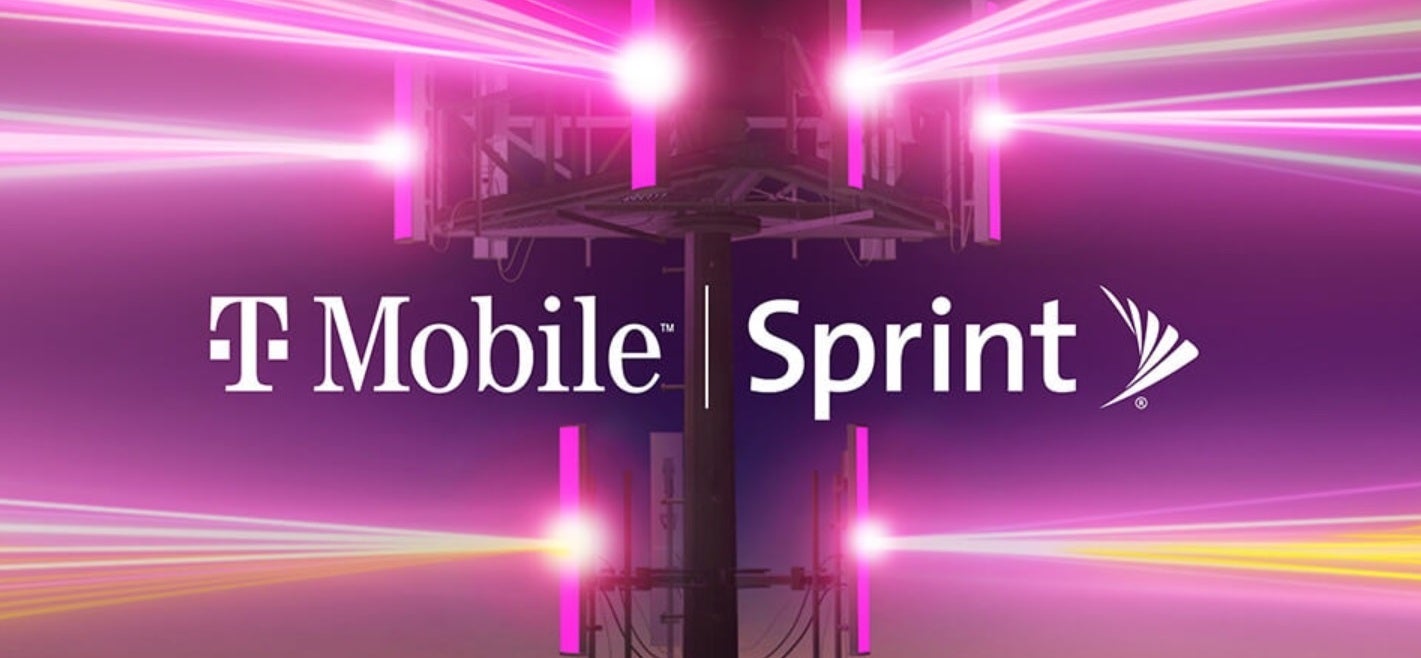
T-Mobile's acquisition of Sprint could make it the 5G speed leader in the U.S.
T-Mobile is currently valued at $126.5 billion which means that SoftBank's stake is worth approximately $30.4 billion. While the final size of the transaction has yet to be determined, it is typical for the buyer, in this case Deutsche Telekom, to receive a slight discount in an equity deal of this type. The purchase of these shares by Deutsche Telekom would remove a potentially large overhead of stock from the market. As a result, investors have pumped up the value of T-Mobile's shares today by more than 5% to $102.34 and in the process, a new 52-week high was set at $102.73. SoftBank will continue to own the rights to 48.8 million T-Mobile shares that it agreed to turn in to T-Mobile in order to get the merger done. Sources familiar with the transaction say that if T-Mobile's stock reaches certain price levels over the next two years, the 48.8 million shares will be reissued to SoftBank.
T-Mobile and Sprint originally announced the merger on April 29th, 2018. The companies had to agree to certain conditions to get approvals from the FCC and the Justice Department (DOJ). The latter was concerned that by allowing T-Mobile to gobble up Sprint, the 25% reduction in the number of major U.S. carriers would lead to higher prices. So Sprint agreed to sell to Dish Network its prepaid businesses including 9.3 million customers. As part of the $5 billion deal, Dish receives 14MHz of Sprint's 800MHz spectrum, 7,500 retail stores, and 400 employees. A seven-year MVNO agreement with T-Mobile will be signed allowing Dish to offer wireless service under its name while it builds a standalone 5G network.
T-Mobile was anxious to get the deal done so that it could obtain Sprint's trove of 2.5GHz mid-band spectrum. In combination with its low-band 600MHz spectrum and high-band mmWave airwaves, Sprint mid-band signals greatly enhance the speed of T-Mobile's 5G network to the point that some analysts see the carrier eventually becoming the 5G speed leader in the U.S. There is a shortage of mid-band spectrum in the U.S. that could be eased with an FCC auction later this year.
SoftBank and Deutsche Telekom will have to make changes to a lockup provision that prevents the former from selling its T-Mobile shares over the next four years except for small sales. But SoftBank needs the money after the coronavirus outbreak decimated the value of its investments in companies like Uber and WeWork. Deutsche Telekom Chief Executive Tim Höttges, in response to a reporter's question last week, said that T-Mobile is "a great business to have" offering "big, attractive opportunities going forward."
This is not a done deal yet according to those in the know. They cautioned that the transaction could still fall apart.
Follow us on Google News


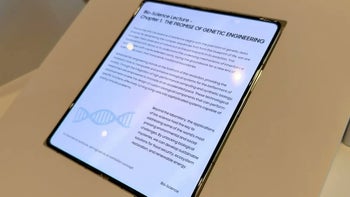
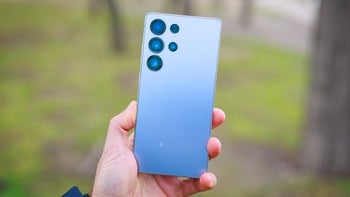
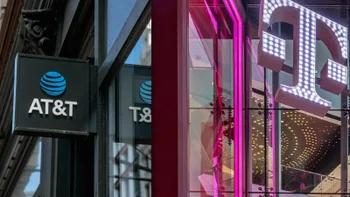
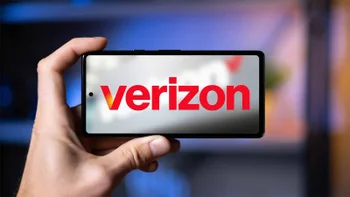
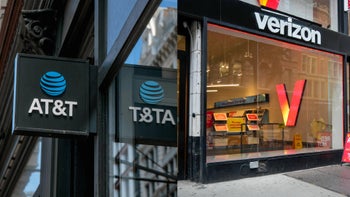
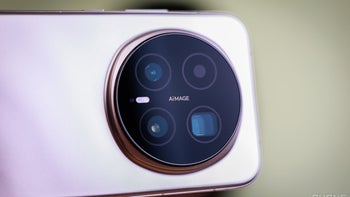
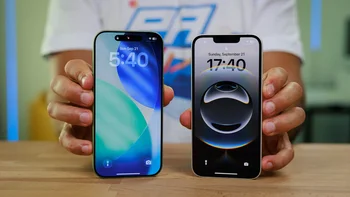
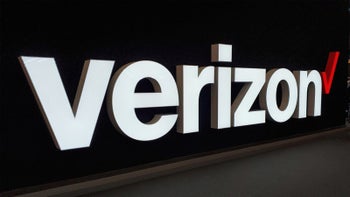
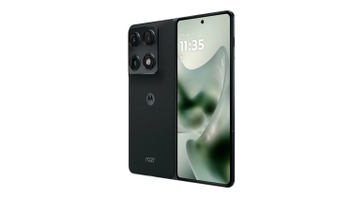
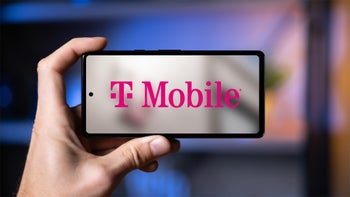
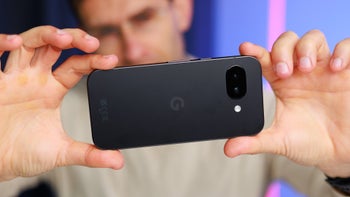
Things that are NOT allowed:
To help keep our community safe and free from spam, we apply temporary limits to newly created accounts: